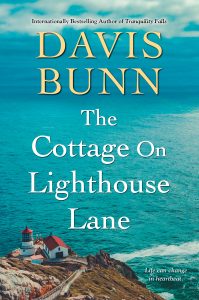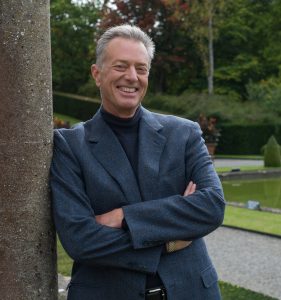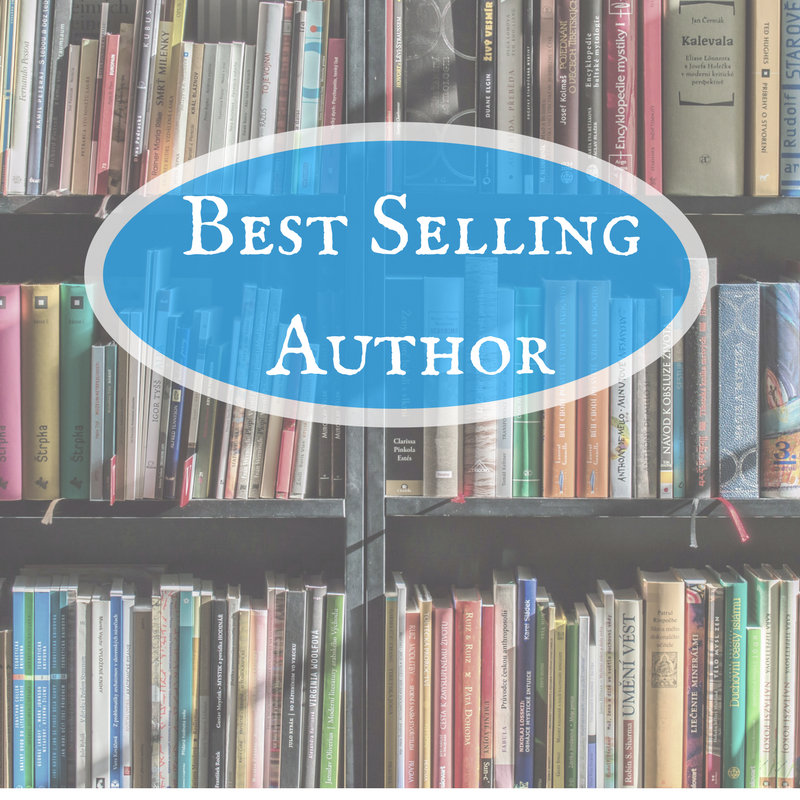Can you share a little about your recent book?
The Cottage on Lighthouse Lane, Kensington Books, April 2021
Sometimes life flips the script . . .
Billy Walker is a North Carolina boy whose Hollywood star is beginning to shine. His rough past is in the rear view. Now seeing the world from the back seat of a limousine, Billy has no regrets about what he had to do, and the choices he made, to get there. But all it takes is one death-defying moment for Billy’s world to shift. When an on-set accident leaves him shaken, plagued by haunting dreams, he’s in desperate need of a rest cure. Given keys to a getaway cottage on Lighthouse Lane in Miramar Bay, he’ll regroup, relax, and recover. Yet as Billy’s dreams grow darker and more fearful, his only promise for light is in a stunning, mysterious, and uniquely gifted stranger . . .
And your next act is rewritten . . .
Mimi has never forgotten her tragic childhood in eastern Ukraine. Violence, a vanished family, abandonment, and a hard-won struggle to escape. Miramar Bay couldn’t be a more beautiful or unexpected refuge. In yoga, teaching dance, and imbued with a talent to read the unrestful visions of others, Mimi has a seemingly divine ability to comfort. She may be everything Billy desires, but Mimi knows what Billy needs. He must confront his troubling past—and not just in his dreams. As their connection deepens, Billy finds himself falling in love, and waking up to something he’s never felt before. But when the real world comes calling again, how can he say goodbye to a woman who’s changing his life one illuminating sunrise at a time?
Poignant, powerful, and surprising, The Cottage on Lighhouse Bay is a love story for every wounded heart that hoped for a second chance.

Why do you write? Do you have a theme, message, or goal for your books?
It seems like I transition from one theme to the next every three or four years. In my current version, I’m looking at stories based around the idea of lost hope, the unexpected opportunity to renew. Lighthouse Lane is book five in the Miramar Bay series, which is based around a mythical town on California’s central coast. Whoever finds their way to this place is offered a second chance at what is most important, what vital element is missing from their lives. If only they manage not to make the same mistakes all over again.
How long have you been writing?
I have been a published author for twenty-eight years. Before that, I wrote for nine years and finished seven books before my first was accepted for publication.
Which of your books is your favorite?
Some of the frequently-asked questions are so tough to answer honestly. Just two days ago completed a new first draft. It has dominated my life through this loooonnnng UK lockdown. Right now, I can’t see much further than this newest story.
Do you have a favorite character or scene in one of your books?
I had a book, a legal thriller, that came out last September entitled Burden Of Proof. I wrote the first sixty pages seven years ago. They were powerful, really potent stuff, but I couldn’t find a way to make the rest of the concept live up to what I had done thus far. So I set it aside. Seven years passed, every now and then I’d reread the pages, until finally…
I was under huge unexpected pressure. My publishers had an empty slot in their list, another author was late delivering, could I help? It meant giving them a story in seven and a half weeks. Just as I was about to write and say no, literally staring at the email, ready to say so sorry, not a chance, it hit me. The missing theme came as one scene. The pivotal moment I had waited seven years to find.
How long does it take you to write a book?
As you can see from the last answer, it can sometimes take as little as two months. I do tend to write a lot. I think it comes from being so determined, so desperate, to make it work. During those looooonnnnnggggg nine years of struggle, I ran a consulting group based in Germany and operating through all Europe. I was in two, sometimes three countries every week. The temptation to quit, give up, go back to my well-paying day job was just so intense. I had no choice, not if I wanted to make this my professional life. I had to write every day. Become a regular, disciplined writer, accept this as a SECOND JOB. Whether I liked it or not, whether it felt good or not, this had to happen. I learned to write in taxis, airports, waiting rooms, hotel lobbies, wherever I could carve out ten or fifteen minutes. I developed a series of triggers to help me depart from the outside world and re-enter the story, the emotional state, the creative mood. I use these still.
So what’s the end result? Okay. Revealing secrets here. In the past twelve months I have written…
Wait for it…
Two full-length novels,
And
A feature-length screenplay,
And
A new series pilot,
And
The second series episode,
And
The season one bible (used in series to establish the character and story arcs for the season)
And
Half a Christmas novella
All because of the discipline learned in sheer desperation during those initial years.
What has been your greatest joy(s) in your writing career?
The creative bliss. The unexpected moments when I become lost in the new story. When it becomes alive and I become transported. Elevated. Reformed in union. Bliss.
How many times in your career have you experienced rejection? How did they shape you?
I have been rejected over forty times in the past twelve months. If you are going to keep growing, push beyond the boundaries that the commercial world wants to use as defining traits, this is going to happen. Learning to live with rejection, moving beyond, continuing the creative struggle, all are crucial to success.
Who is your favorite author to read?
I am researching a new story. As usual. What I look for on the non-fiction side are authors who manage to make the situation live for me. Who are not afraid of emotions. Who do not feel it necessary to write from a dry, dead-as-last-autumn-leaves perspective. So right now I’m reading Ben Mezrich’s amazing new book, Bitcoin Billionaires.
On the fiction side, I’m studying two authors who have taken their success as screenwriters and allowed this to refashion their approach to sentence and scenic structures. These are Robert Crais and Michael Crichton.
What advice can you give aspiring writers that you wished you had gotten, or that you wished you would have heeded?
My very first mentor was Arthur C Clarke (2001, A Space Odyssey). When we started out, he required two things of me. One was, write a new page of new first draft every day. Second drafting, adding to what was already written, did not count. He forced me to confront the challenge of the empty page each and every day.
The second was, read at least one book by a living best-selling author in my chosen genre every week. The aim was for me to come to terms with what was working in the market in this present time.
A very wise man.

Davis Bunn’s novels have sold in excess of eight million copies in twenty-four languages. He has appeared on numerous national bestseller lists, and his titles have been Main or Featured Selections with every major US book club. In 2011 his novel Lion of Babylon was named Best Book of the Year by Library Journal. The sequel, entitled Rare Earth, won Davis his fourth Christy Award for Excellence in Fiction in 2013. In 2014 Davis was granted the Lifetime Achievement award by the Christy board of judges. His recent title Trial Run has been named Best Book of The Year by Suspense Magazine. Lately he has appeared on the cover of Southern Writers Magazine and Publishers Weekly, and in the past three years his titles have earned him Best Book and Top Pick awards from Library Journal, Romantic Times, Publishers Weekly, Booklist, and Kirkus. His most recent series, Miramar Bay, have been acquired for world-wide condensation-books by Readers Digest. Currently Davis serves as Writer-In-Residence at Regent’s Park College, Oxford University. Until Covid struck, he was speaking around the world on aspects of creative writing.





No Comments